SDAFF Themes 2012: Fukushima films
Last year’s festival was a mere seven months after the earthquake, tsunami, and nuclear disaster in and around Fukushima, Japan. Since then, countless films about the devastation and its after-effects have been produced by Japanese and non-Japanese filmmakers alike. Many of the films are predictably sentimental and exploitative. More interesting is how many of them are fractured, confused, and fascinatingly elusive.
For this year’s festival, we found four of the best, each with very different approaches to dealing with a post-Fukushima Japan. One is explicitly about the disasters, one puts it in quotation marks, one keeps it in the background, and one is purely allegorical.
After the disasters, there was no shortage of documentarians, both pro and amateur, who found their way to the rubble to scavenge for sadness. Unlike those documentaries, NUCLEAR NATION just watches. It gets incredible access to the worlds of the exiled, and to the backrooms of mayors who have traded their citizens’ safety for nuclear money. The documentary is powerful because the stories are powerful, but also intensely critical because, through the paradoxes and decades of political ambiguity, a clear vein of neglect ran unchecked.
In the near future, in a town called Nagashima (get it?), an earthquake/tsunami/nuclear trauma tears a town apart. That’s when things get weird. In the hands of the unparalleled Sion Sono, Fukushima (or rather, “Fukushima”) sets the scene for two families’ reactions in terms of loyalty, stubbornness, and straight-up paranoia. Too weird to be called a melodrama, too moving to be exploitation, THE LAND OF HOPE is as disassociating as trauma itself. And as emotional.
Set in post-tsunami Sendai, CHIPS only makes one reference to the disaster — and a hilarious one at that. But themes of recovery, home, and fate linger over ever scene, giving the story of a petty thief with a lot of heart extra poignancy, even beyond the already adorable mothers and love interests. Though the tsunami is fresh in everyone’s memory, CHIPS gives us a reason to cheer.
Nuclear paranoia is also a paranoia about our bodies — what happens to our flesh when we breathe the tainted air? HENGE doesn’t mention Fukushima. It doesn’t have to. It plays on our fear of what we might be turning into, and our fear of how little the authorities know. It tests our love in times of uncertainty. And it’s especially piercing now, with the unknown weighing down on our atmosphere and into our pores.

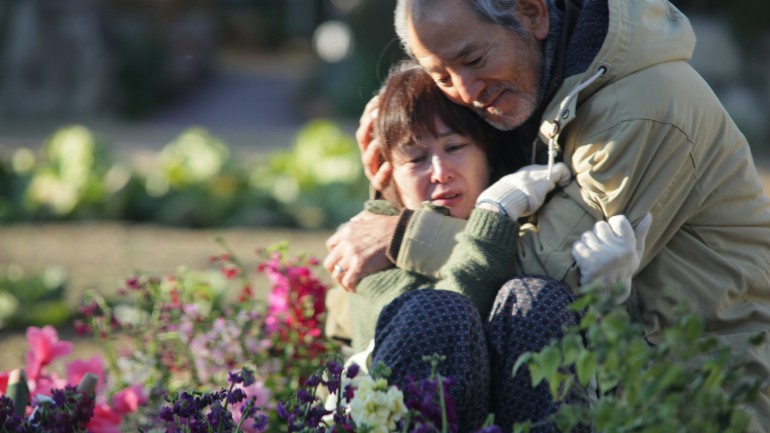
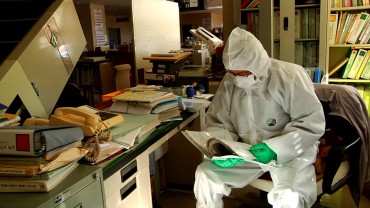
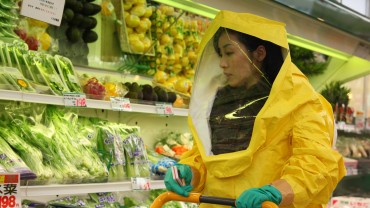
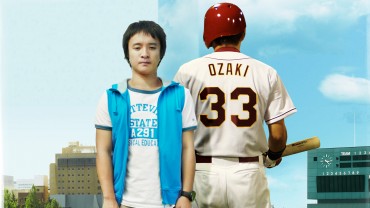
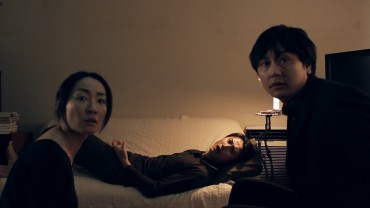





Join the Conversation